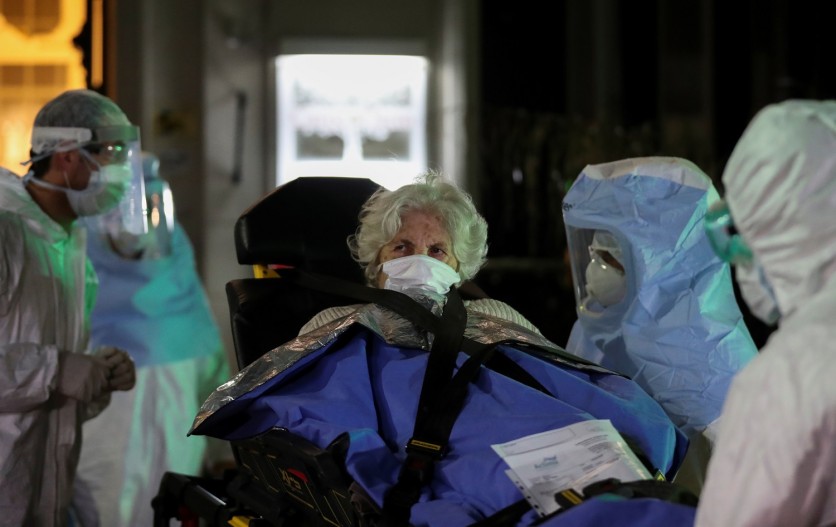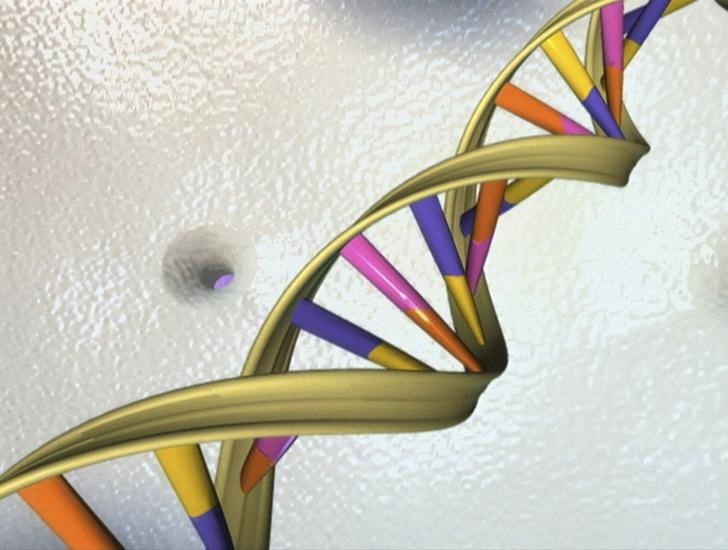Researchers from the University of Kiel in Germany concluded that patients with type 'A' blood are more likely to suffer serious illnesses if they have contracted COVID-19. The researchers were the first to document a strong statistical link between genetic variations and the coronavirus.
Based on the study, geneticists found that genomes make those with type 'A' blood 6% more vulnerable to the illness. Researchers looked into the human genome to identify bits of DNA that make people more susceptible to having severe cases of COVID-19 and they found a common genetic root shared by patients with type 'A' blood.

In February, the University of Kiel scientists teamed up with doctors in Italy and Spain and analyzed DNA samples from 1,610 ventilated patients from seven cities in these two nations with high COVID-19 cases. They extracted DNA from the samples and scanned them using a rapid technique called genotyping.
The researchers did not sequence all 3 billion genetic letters in the genome of each patient, but they looked at 9 million letters. They then compared collected genomes with other 2,205 samples taken from blood donors who have had no symptoms of COVID-19.
Study shows patients with type 'A' blood may suffer from a severe case of COVID-19
The researchers found that spots in the genome, called loci, of the same variants were unusually high among severely ill patients, compared with those who were not sick.
They found that half of type A patients were more likely to suffer severely and may require ventilator support than those with B or O blood types. Also, O-type blood patients are less likely to suffer a life-threatening experience from coronavirus.

This is not the first time patients with type "A" blood are said to have a higher risk for the coronavirus. A previous study conducted in China compared blood types of patients severely infected with COVID-19 and came to similar conclusions. However, this study did not sequence the genomes of samples.
The Chicago Tribune reported that it is still unclear whether the genetic variable that causes patients with type A blood to be vulnerable to severe illness could make someone more susceptible to the coronavirus, although they assume it might be linked to people's immune system.
University of Kiel molecular geneticist Andre Franke said the findings suggest that unexplored factors may play a huge role in the SARS-CoV-2 virus. Franke co-authors the new study which is currently undergoing peer review.
Researchers already acknowledged factors like age and pre-existing conditions put people at higher risk of having a severe COVID-19 case. However, they also hope that a DNA test may identify patients who will need aggressive treatment.
Meanwhile, Franke and his colleagues found a second locus on Chromosome 3 that shows an even stronger link to COVID-19. This spot houses six genes and it is still impossible to say which of them influences the severity of the illness.
The University of Kiel researchers are part of the COVID-19 Host Genetics Initiative, which includes a thousand researchers from 46 countries who collect DNA samples from coronavirus patients.
ⓒ 2026 TECHTIMES.com All rights reserved. Do not reproduce without permission.




